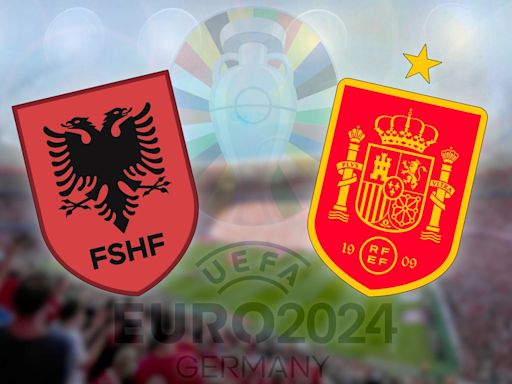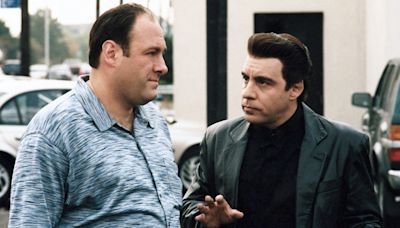Search results
t. e. The history of Spain dates to contact between the pre-Roman peoples of the Mediterranean coast of the Iberian Peninsula made with the Greeks and Phoenicians. During Classical Antiquity, the peninsula was the site of multiple successive colonizations of Greeks, Carthaginians, and Romans.
6 days ago · For 300 years afterward, Spanish explorers and conquerors traveled the world, claiming huge territories for the Spanish crown, a succession of Castilian, Aragonese, Habsburg, and Bourbon rulers. For generations Spain was arguably the richest country in the world, and certainly the most far-flung.
History of Spain. Spain is a country with profound historical roots in Europe. Its identity and unique idiosyncrasies have been forged by a variety of phenomena, such as the discovery of the Americas and its neutral position during the two world wars.
Jun 16, 2024 · Spain - Reconquista, Moors, Visigoths: Human fossils in Spain belong to modern humans (Homo sapiens), the Neanderthals (H. neanderthalensis), and even earlier members of the human lineage, possibly H. erectus or H. heidelbergensis.
Oct 4, 2019 · Historical Summary of Spain. Read More. Spain's Pivotal Historical Moments. By Robert Wilde. Spain was invaded by Napoleon and saw struggles between an allied force and France, which the allies won, but this triggered independence movements among Spain’s imperial possessions.
The unification of the crowns of Aragon and Castile by the marriage of their sovereigns laid the basis for modern Spain and the Spanish Empire, although each kingdom of Spain remained a separate country socially, politically, legally, and in currency and language.
This is a timeline of Spanish history, comprising important legal and territorial changes and political events in Spain and its predecessor states. To read about the background to these events, see History of Spain.
Jun 22, 2019 · The key historical events which took place in Spain involved periods when the country was a globally imperial force shaping Europe, Africa and the Americas, and when it was a hotbed of revolutionary fervor that brought it close to disintegration.
Spain, officially Kingdom of Spain, Country, southwestern Europe. One of Europe’s largest countries, it is located on the Iberian Peninsula and also includes the Balearic and Canary islands. Area: 195,361 sq mi (505,983 sq km). Population: (2023 est.) 48,736,000.
The history of Spain dates to contact between the pre-Roman peoples of the Mediterranean coast of the Iberian Peninsula made with the Greeks and Phoenicians. During Classical Antiquity, the peninsula was the site of multiple successive colonizations of Greeks, Carthaginians, and Romans.






